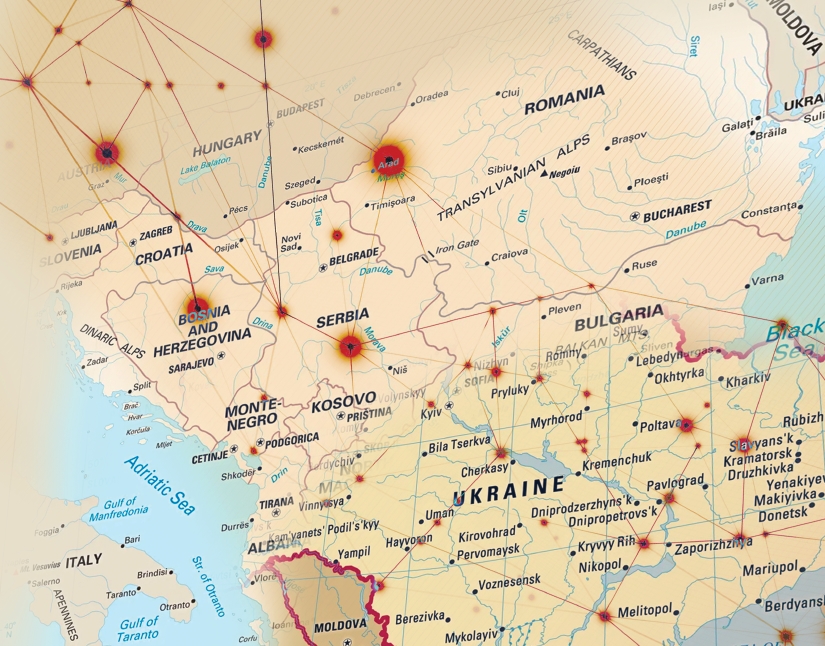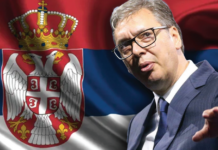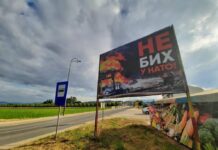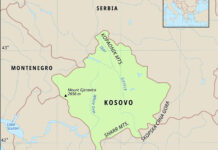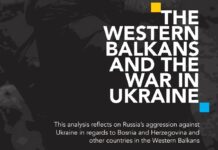In the Western Balkans, the far right operates in a social and political context dominated by history, where the violence, traumas and legacies of past wars continue to be instrumentalized to incite and exacerbate tensions in the present. Today the far right in the Western Balkans, particularly the pro-Russian far right, has a new war to instrumentalize and utilize to push their own agenda in the region — Russia’s invasion and ongoing war in Ukraine.
The dual, deeply interconnected narratives of ‘Slavic brotherhood’ and resistance against the west were already long part of both extremist and mainstream discourse across much of the Western Balkans long before the invasion of Ukraine on February 24, 2022, and before Russia’s initial military intervention in Ukraine in 2014.
This paper argues that pro-Russian far-right elements in the Western Balkans have exploited these two intertwined narratives of Slavic ‘brotherhood’ and strong anti-western sentiment — narratives that, as of late 2023, are finding increasingly fertile soil to grow further across the region. Furthermore, these actors occupy significant space in political and social discourse, particularly on social media, and seek to reframe the Western Balkans’ already fragile security and geopolitical situation in the terms dictating by these longstanding narratives.
This paper traces connections between the Western Balkan far right and the war in Ukraine by examining the individual trajectories of far-right actors who have passed into and through this milieu. The situation in 2022-23 with regards to the far right, especially the Western Balkans, is profoundly different from 2014. Far fewer far-right foreign fighters have joined the conflict than in 2014, particularly on the Ukrainian side. On the Russian side, those from the far right in the Western Balkans who have joined the conflict are also far fewer in number, but make up for this with often outsized, recognizable social media presences supporting Russia’s cause in Ukraine.
This paper concludes and warns that there is a profound risk that these extreme narratives, especially those centred around the dual narratives of ‘Slavic brotherhood’ and resistance against the West, will continue to be normalized and further become part of mainstream social and political discourse in parts of the Western Balkans. Given ongoing and indeed increased tensions in the Western, the risks that normalized extreme nationalist rhetoric poses across the region for European and global security cannot be understated.
You can read the policy paper at this link.


